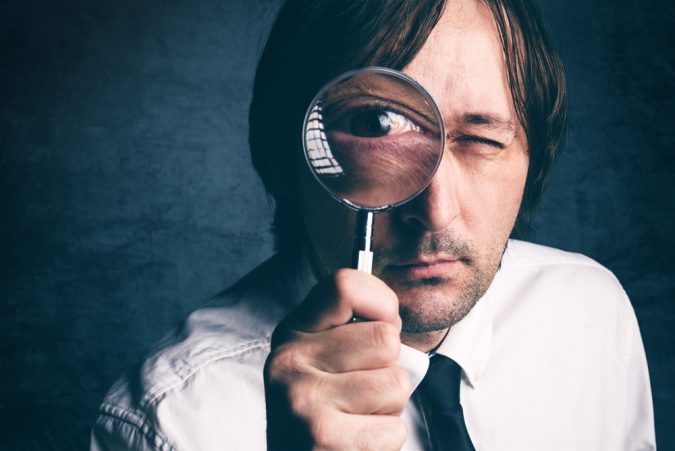Frequently Asked Questions About Fake Cashier's Checks

One of the most popular scams out there is fraudulent cashier’s checks. A cashier’s check is a check issued directly by a bank rather than a person or company’s bank account. The benefit of a check like this is that the funds are guaranteed since it’s coming from the actual financial institution. It's a solid method of payment if you need funds immediately or if you need your money to be transacted securely.
The following are several frequently asked questions regarding how to detect fraud, scams and ways to protect yourself.
Do I have a fraudulent cashier's check?
A very easy and common way to spot whether the check is fake is to look at the amount it’s written out for. If the payment amount is larger than the amount you were expecting, it’s an indication that it’s not real.
Here are some things to look out for:
- Check to see if the number amount on the check matches the words.
- The account number should not look shiny.
- Examine the signature on the check. See if there are any tracing lines or if the writing is shaky.
How can I confirm if the check is real?
If you’re suspicious of a check, it’s wise to call the issuing bank and confirm that the funds are available. Do not call the telephone number of the bank that is on the check. If it is fake, so is the the number and you could possibly be speaking with someone who is impersonating a bank employee. Research the bank’s number on your own and call them. All you have to provide them with is the routing number, and from that, they will be able to tell if your check is fraudulent.
If you live near the issuing bank, you could always walk in and show them the check.
What are common scams I should be aware of?
One popular scam is the Nigerian email hoax. This is where sellers have received emails from a buyer, claiming they are in Nigeria and would like to purchase whatever it is you’re selling. They then send the seller a cashier’s check for way more than the agreed upon price and asks if the seller can send back the difference to Nigeria. The criminal is hoping you will send back the difference before you find out the check is fake.
A similar scam was happening on eBay. For example, a seller would be selling a car and the buyer would claim he’s purchasing the vehicle for a “client." The seller would then receive a cashier’s check from London (not from the U.S., which is where the buyer said it was coming from). The check was made for thousands of dollars more than the sale price. The buyer will ask the seller to wire the difference to Western Union for his “delivery man."
If you end up wiring the cash, your money will be sent to them but the check they sent you will bounce.
How can I protect myself?
If you’re selling something online be skeptical of the following:
- Offers from overseas.
- Buyers sending more than the sale price of the item
- Buyers who seem more concerned with the payment than the shipment of the item that was purchased.
- Buyers who don’t ask questions about the item or seem curious about the condition.
If you are familiar with eBay, it's always best to use PayPal to complete transactions so eBay has a can keep track of the sale in case something goes wrong.

